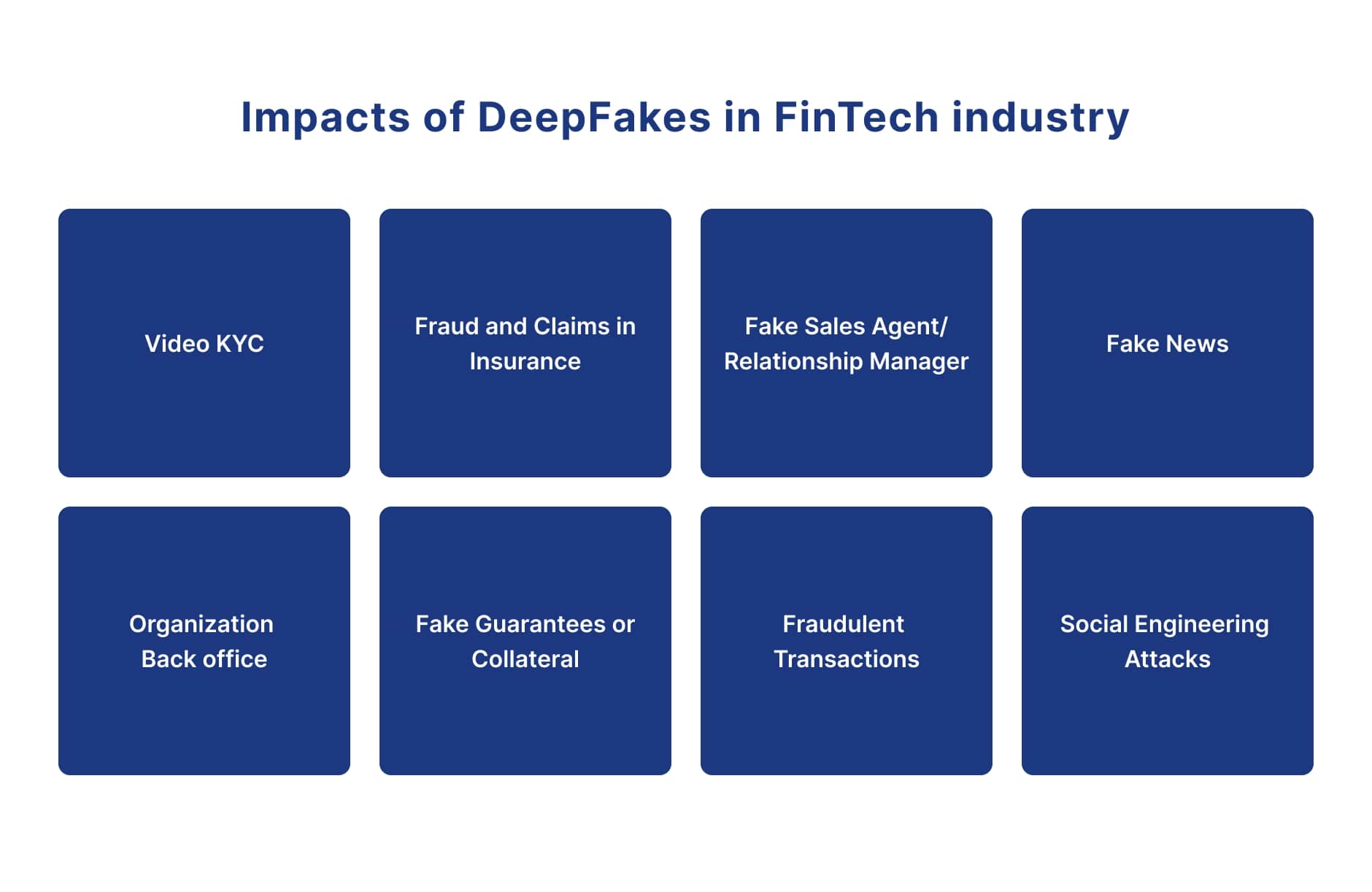AI in the lending industry 4 cutting edge AI innovations
Discover how AI in the lending industry automates and improves loan approvals. Embrace the future of finance today!
Introduction
- In a period of fast technology breakthroughs, the financial industry is at the forefront of disruptive change. One of the primary drivers of this transformation is incorporating artificial intelligence (AI) into traditional lending operations.

- This paradigm change signifies a deliberate movement toward increased efficiency, improved client experiences, and more effective risk management. There are some ways to implement AI in the lending industry, which are as follows.
Ways to Implement AI Enhances Efficiency

1.Smart Credit Scoring and Risk Assessment
-
Credit rating is typically based on a borrower's credit history, outstanding debts, and payment history. While these measurements offered a foundational insight, they were restricted in capturing the financial picture. This technique may result in erroneous risk evaluations, leading to missed chances for creditworthy borrowers or increased risk exposure.
-
Using AI in credit scoring has brought a new degree of sophistication and accuracy. AI algorithms use datasets, combining traditional financial indicators and other data sources. These alternate sources include social media engagement, internet conduct, and other non-traditional economic indicators. AI algorithms produce a more detailed picture of a borrower's financial health by considering a broader range of characteristics, allowing for a more accurate forecast of creditworthiness. AI algorithms can find deep patterns, which is not possible with traditional approaches.
2.Automated Underwriting Systems
-
Underwriting procedures traditionally entailed a detailed manual evaluation of loan applications, financial papers, and credit histories. This manual procedure took a short time but was also prone to human mistakes. The time-consuming nature of manual underwriting frequently resulted in loan approval delays, affecting both lenders and borrowers.
-
Incorporating AI-driven automated underwriting technologies has simplified and expedited the decision-making process. These systems use complex algorithms and natural language processing (NLP) to extract, analyze, and interpret information from loan applications and accompanying documentation.
3.Fraud Detection and Prevention
-
In conventional lending, fraud detection was primarily based on historical data, established procedures, rule-based systems, and manual checks. Because of this reactive strategy, fraudulent actions were frequently detected only after significant harm had been done. The emphasis on static rules and past patterns makes it difficult to keep up with the changing nature of fraud schemes.
-
After AI Implementation: The integration of AI-powered systems has ushered in a new age of fraud detection and prevention. These systems use complex algorithms, machine learning models, and real-time data analysis to detect abnormalities, patterns suggestive of fraudulent conduct, and possible dangers during the early phases of a transaction. AI can also find inter-connected complex patterns to find fraud and anomalies.
4.Ai in the lending industry for Intelligent Chatbots and Virtual Assistants
- Human agents predominantly managed customer contacts, often leading to delays, potential discrepancies, and the limitations of human availability. Conventional customer support channels were resource-demanding and might require assistance to ensure prompt responses, particularly during peak periods.

- Intelligent AI bots can address customer queries, recommend optimal loan choices, conduct loan comparisons, and actively engage with customers.
Conclusion
- Finally, implementing AI in the lending industry is more than just a technological update; it represents a strategic investment in the future of banking. The five unique applications discussed in this blog demonstrate the tremendous influence of AI on credit scoring, risk assessment, underwriting, fraud detection, and customer interactions. As financial institutions continue to adopt these technologies, we may expect a more agile, secure, and customer-centric lending market. The change has begun, and those institutions that correctly harness the power of AI will surely lead the way into a new era of lending. The convergence of human knowledge and artificial intelligence is set to reshape the entire nature of financial services, paving a path to unparalleled efficiency and creativity.
How Digiqt will help you adapt AI in the sales department
-
At Digiqt, we are dedicated to assisting companies in automating critical processes. Our highly skilled and professional team ensures the timely development and delivery of AI software. We commence by thoroughly understanding our client's specific requirements, and based on these requirements, our proficient team develops the AI software. Furthermore, we provide our clients monthly updates on the software development progress.
-
Digiqt's commitment to automation, client-centric software development, and regular updates ensures efficiency and effectiveness in streamlining insurance operations.
Contact Us
Frequently Asked Questions
What are AI in the lending industry 4 cutting edge AI innovations?
AI in the lending industry 4 cutting edge AI innovations are AI-powered systems that automate and optimize processes using machine learning, natural language processing, and intelligent decision-making capabilities.
How do AI in the lending industry 4 cutting edge AI innovations work?
AI in the lending industry 4 cutting edge AI innovations work by analyzing data, learning patterns, and executing tasks autonomously while integrating with existing systems to streamline operations and improve efficiency.
What are the benefits of using AI in the lending industry 4 cutting edge AI innovations?
The benefits include increased efficiency, reduced operational costs, improved accuracy, 24/7 availability, better customer experience, and data-driven insights for decision-making.


















